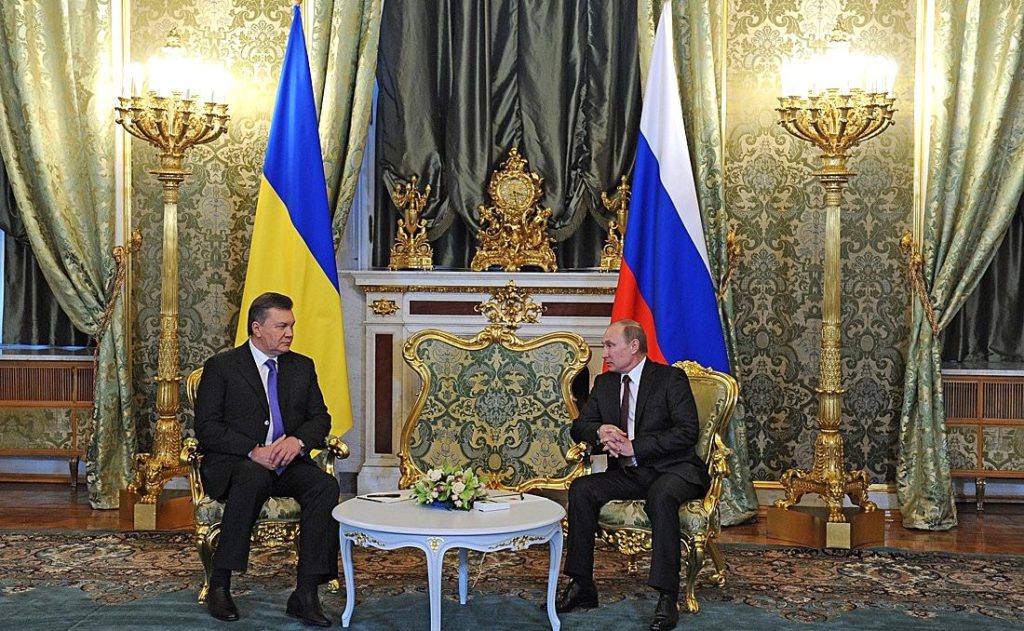Russian Invasion: Way ahead for a Bipolar Global Power Structure

Russian Invasion: Way ahead for a Bipolar Global Power Structure Author: Keshav Pandey The entire month of February 2022, in the landscape of International Relations was filled with disturbing news from the Eastern part of the European continent, when the Russian aggression was knocking at the doors of non-NATO Ukraine. The emphasis is put on […]
The Orange Revolution
Some doubted that the opposition could pull off the so-called “Orange Revolution” in the Ukraine. But with the elections complete and the dust clearing, pro-democracy reformer Viktor Yushchenko sits in the presidency. Here Suleymanov explores what went right for the opposition, what went wrong for the establishment, and why Russian influence just wasn’t strong enough.
European disintegration? Separatist movements across the continent are gaining momentum
Scotland’s narrowly lost campaign for independence has emboldened similar struggles for self-determination across Europe, in places like Catalonia, Flanders, and Transnistria. Thomas Wagner-Nagy asks what this trend could mean for Europe, where a complex history of disputed cultural and territorial borders continues to unfold.
From Vienna to New York: Diverging attitudes and expectations among NPT members spell trouble for the 2015 NPT Review

The resurgence of Cold War style rhetoric between Russia and “the West”, ongoing concerns over North Korea’s nuclear program, a still elusive nuclear deal with Iran, and the recurrent fear of nuclear-armed non-state actors all stand as stark reminders that humanity still lives with the unacceptable risk of nuclear war. In this timely and important article, Rob van Riet reviews the promises and ambiguities of recent conferences, summits, working group sessions, legal actions, and negotiations on nuclear weapons, and evaluates the potential of the NPT review conference in May this year to make real political progress towards the goal of nuclear disarmament.
Ukraine Conflict: Resolution through Negotiation

This paper analyzes the Ukrainian crisis from an international perspective, drawing on the theories of realism, neo-colonialism, and structural functionalism. It posits the necessity to include all the conflicting parties in a negotiation process in order to secure a sustainable peace agreement and proposes a detailed negotiation framework.
